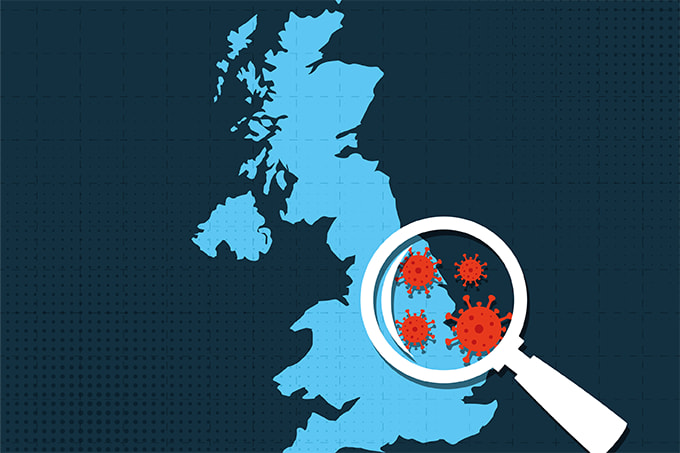

What role has pathology played in your career?
My understanding of health and disease would be much poorer without the time I spent in pathology. Although molecular methods can detect the DNA of a pathogen in a clinical sample, pathology can tell much more of the story.
I find parasites intriguing as pathogens. A good parasite does not cause its host much trouble. Host-parasite interactions are a delicate balance – and host reactions often cause more problems than the parasites themselves.
When I focused my research on zoonotic parasites, in particular Toxoplasma gondii, I was working as a lecturer at the University of Helsinki and participating in diagnostic work in their veterinary pathology and parasitology unit. My projects there included both epidemiological studies and investigation of fatal toxoplasmosis in different hosts. The similarities and differences between manifestations across the wide range of hosts are fascinating.
Can you tell us about your current work?
My current work focuses on One Health – the concept that human health, animal health, and the environment are closely connected. I work on a large European project, One Health EJP, which is a landmark partnership between public institutes across Europe. I am part of the One Health EJP Project Management Team, and I also lead one of the joint research projects, TOXOSOURCES, to explore the many sources of Toxoplasma gondii infections.
I am based at a public health institute that also has veterinary preparedness functions. Our laboratory is the national reference laboratory for parasites on both the human medical side and the veterinary side. For me this feels natural – and the synergies are obvious.
How has the pandemic changed the public’s view of pathologists and epidemiologists?
The response to COVID-19 from the scientific community has shown what science can do – and I think we should not just acknowledge, but celebrate that. It’s also important to note that many of the things the scientific community has been able to do in record time are based on a massive foundation of past work. That’s the part that is largely invisible to the public.
The importance – and the challenges – of science communication and science-to-policy-translation have also gained visibility. We need to keep repeating the key biological aspects of pathogens and what the epidemiological expressions actually mean.
I am privileged to have been able to continue my work remotely through this pandemic. In times like these, I like to focus on the things we can do and how important it is to keep doing them. Even when COVID-19 is in the spotlight, older widespread endemic diseases such as malaria and toxoplasmosis don’t disappear. The measures taken to address COVID-19 may affect these other diseases one way or another, but the old pathogens are likely to adapt and thrive. We must keep watching, studying, and addressing them – perhaps more now than ever.
COVID-19 has really shown the importance of cross-sectoral, interdisciplinary, and international collaborations and data sharing. I hope the collaborations and networks forged in this fire will be long-lived and strengthen our preparedness for future pandemics. One Health is, and will remain, more relevant than ever.
SARS-CoV-2 is mainly driven by human-to-human transmission – but how well prepared are we for a pandemic where animal hosts and animal-to-human transmission plays a key role? The necessary collaborations across sectors are easier to establish when they aren’t urgently needed – and that includes building collaborations to focus on zoonotic diseases.
You hold a number of positions, including Vice-President of the World Federation of Parasitologists. How do you balance your many commitments – and a personal life?
My work gives me more energy than it takes – and I appreciate the opportunities it gives me to change things for better. One example is the International Congress of Parasitology, the World Federation of Parasitologists’ main event, which takes place in Copenhagen in 2022. The pandemic inspired us to turn it into a hybrid event, making it more inclusive.
Having many commitments requires planning, organizing, and prioritizing. My to-do list runs long, but the top item is a quote – “Do what you love and do it often.” I really like my work and it’s important to me to actively notice the joy in it.
The other thing I love and do often is dance. I miss dancing in the studio – but, during the pandemic, I have made most of my living room into a small dance space. I start my home office days with a few pliés!
What can human and veterinary pathologists learn from one another?
I think we should collaborate more with one another. It could be interesting to share observations across our disciplines, apply comparative approaches, and harmonize our methods.
What advice do you have for others who wish to follow in your career footsteps?
I would encourage combining skills across fields and disciplines. I don’t just mean academic skills – my stage experience from my dance background and my interest in learning languages have benefited my work and made it more interesting – more like me.




